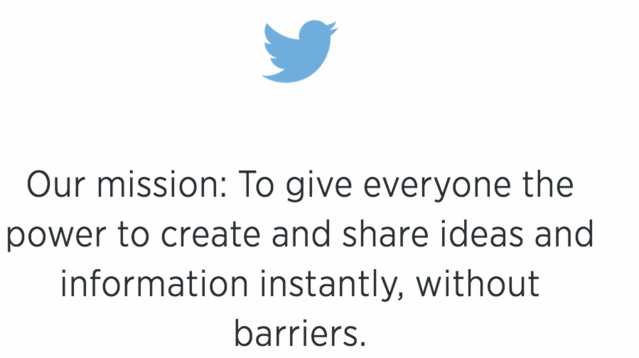Mindfulness
Tweet or Troll? Why Twitter Is Amazingly Addictive
Twitter taps into our brains' reward systems. Here's how to respond.
Posted December 13, 2016


What is he describing? Negative feedback! When we’re face to face with someone, we see the results of our actions. Putting it simply, if what we did feels bad, we stop doing it. With Twitter (and texting), we can’t see the immediate results of our actions, so the feedback we get is only from ourselves (and perhaps others around us who may be egging us on), which tends to be positive. And through these skewed feedback loops some of us have even learned to associate hurting others with pleasure. As Louis CK put it, “Yum, that was fun, I like that.”
We may even ignore or have a skewed interpretation of the tweets that come back to us that tell us our actions are harmful. Why? Because it simply feels better to focus on the likes and the retweets as “proof” that what we’re doing is a good thing. Having a world view that doesn't have shades of grey becomes unassailable when constantly reinforced by likes and retweets –all fueled by our Twitter ‘in-group’ of followers. That level of certainty feels much better than having to deal with the nuances of real world dynamics. To our brains, it's a no brainer!
So what can we do if we find ourselves firing off angry tweets, or ruminating over something someone tweeted ‘at’ us? Understanding the process is half the battle. Knowing how our brains work can help us identify the habit loops we’ve fostered, so that we can step out of them.
Developing awareness practices, such as mindfulness, can also be instrumental in paying attention to the results of our actions, even putting ourselves in the shoes of the person we’re about to, or have just tweeted at. How would I receive this tweet? What would this feel like to me? This helps with the lack of feedback inherent in Twitter. This opens the space not to feed those moments when we have a seemingly uncontrollable urge to unleash our “beautiful Twitter account” on someone. It might even change the reward dynamics. Instead of feeling that excited, self-righteous “I-showed-her” reward, we might even be able to notice what it feels like to hold back (hint: being nice is not overrated).
For more examples of the extent to which twitter trolling can be destructive, see NPR's Fresh Air interview by Terry Gross with National Review writer David French and with Megyn Kelly.
For more on reward-based learning and mindfulness see The Craving Mind: from cigarettes to smartphones to love - why we get hooked and how we can break bad habits.


